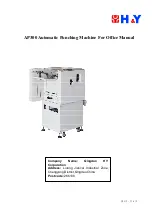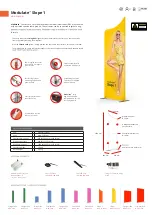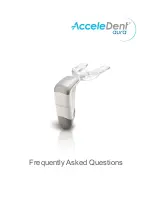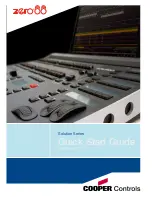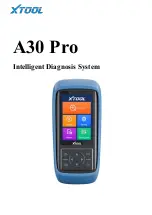
5.Advanced User Guidebook
How to Set the Trigger System
Trigger determines when DSO starts to acquire data and display waveform. Once
trigger is set correctly, it can convert the unstable display to meaningful
waveform.
When DSO starts to acquire data, it will collect enough data to draw waveform
on left of trigger point. DSO continues to acquire data while waiting for trigger
condition to occur. Once it detects a trigger it will acquire enough data
continuously to draw the waveform on right of trigger point.
Trigger control area consists of 1 knob and 3 menu keys.
TRIG LEVEL
: The knob that set the trigger level; press the knob and the level
will be cleaned to Zero.
50%
: The instant execute button setting the trigger level to the vertical midpoint
between the peaks of the trigger signal.
Force:
Force to create a trigger signal and the function is mainly used in
"Normal" and "Single" mode.
Trigger Menu:
The button that activates the trigger control menu.
Trigger Control
The oscilloscope provides two trigger types: single trigger and alternate trigger.
Single trigger
: Use a trigger level to capture stable waveforms in two channels
simultaneously.
Alternate trigger
: Trigger on non-synchronized signals.
The
Single Trigger
and
Alternate Trigger
menus are described respectively as
follows:
Single trigger
Single trigger has four modes: edge trigger, video trigger, slope trigger and pulse
trigger.
Edge Trigger
: It occurs when the trigger input passes through a specified voltage
level with the specified slope.
Video Trigger
: Trigger on fields or lines for standard video signal.
Slope Trigger
: The oscilloscope begins to trigger according to the signal rising or
falling speed.
Pulse Trigger
: Find pulses with certain widths.
The four trigger modes in Single Trigger are described respectively as follows:
1. Edge Trigger
An edge trigger occurs on trigger threshold value of input signal. Select Edge trigger
mode to trigger on rising edge or falling edge.
35































